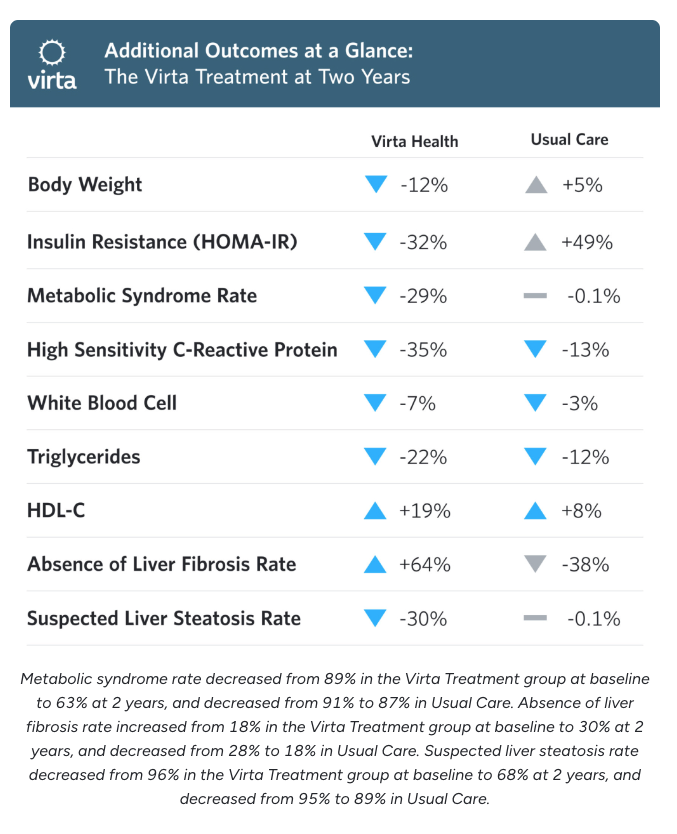Exploring the Impact of Low-Carb, High-Saturated Fat Diets on Health
The thread continues to explore the effects of low-carb, high-saturated fat diets on health. Does it lead to increased HDL and decreased blood pressure, trigs, insulin, and blood sugar? Does it matter if LDL goes up? Can we trust the science?

gary taubes
Author of The Case for Keto, The Case Against Sugar, Why We Get Fat, Good Calories, Bad Calories, Bad Science, and Nobel Dreams

-
Continuing the thread re @TamarHaspel on SFA.
— gary taubes (@garytaubes) June 11, 2023
2. If you ate a low-carb, high-SFA diet (Keto), dropped lbs, blood pressure, trigs, insulin & blood sugar, increased HDL -- per Virta's trial -- would you be healthier? Even if LDL goes up?https://t.co/nd4xwhi3pt
13/21 https://t.co/jYOcsgqYdm pic.twitter.com/8WLqT9QRZi -
When @tamarhaspel quotes @kcklatt saying the science is "super solid" should we trust them?
— gary taubes (@garytaubes) June 11, 2023
Even if defined as merely the "vast preponderance of the evidence points in one direction?"
Does even a "broad consensus" mean the evidence is solid, let alone "super solid"?
14/21 pic.twitter.com/cgICgRuiZ0 -
Let's use the Cochrane Collaboration systematic reviews as a guide. Here's the latest (2020) on saturated fat.
— gary taubes (@garytaubes) June 11, 2023
Summary: "moderate‐quality evidence that reducing saturated fat reduces our risk of cardiovascular disease."
Details to follow.
15/21https://t.co/5bRQAYx54F pic.twitter.com/2CyEtRpAIs -
Primary outcomes by GRADE assessment:
— gary taubes (@garytaubes) June 11, 2023
👉All-cause mortality: "reducing saturated fat intake probably makes little or no difference."
👉 Cardiovascular mortality: "makes little or no difference."
16/21 pic.twitter.com/2bB2fukxhi -
👉 Cardiovascular events: "probably reduces [cv] events to a greater extent with greater cholesterol reduction (moderate-quality evidence)..."
— gary taubes (@garytaubes) June 11, 2023
This would be a good thing 👍 but look at 19 below.
17/21 pic.twitter.com/GGnVfQxUyM -
Secondary outcomes:
— gary taubes (@garytaubes) June 11, 2023
👉 All myocardial infarction: "unclear as the evidence was of very low-quality [sic}..."
👉 Non-fatal MI: "little or no effect on risk"
👉 Stroke: "unclear as the evidence is of very low-quality."
18/21 pic.twitter.com/XG6s2xLc2P -
Secondary outcomes cont.
— gary taubes (@garytaubes) June 11, 2023
👉 CHD mortality: "may have little or no effect."
👉 CHD events (re 17): "unclear as the evidence is of very low‐quality..."
19/21 pic.twitter.com/5KDdWubV6d -
What about the actual evidence.
— gary taubes (@garytaubes) June 11, 2023
16 RCTs made the cut.
👉 15 were unblinded (col. 3)
👉 11 of those had systematic differences in care -- i.e., performance bias (col 8)
👉 3 of the remaining 4 achieved no cholesterol reduction (col 11)
A sad state of affairs.
20/21 pic.twitter.com/QhaY9CBXsy -
Scientific controversies are settled when the evidence becomes unambiguous.
— gary taubes (@garytaubes) June 11, 2023
The problem with consensus is it is dependent on preconceptions and beliefs -- what the research community would like the evidence to be, rather than what it actually is.
21/21
